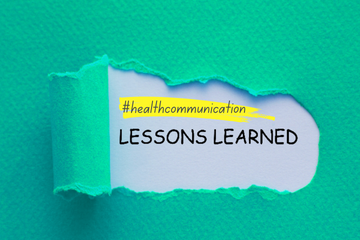Warm-Season Temperatures and Emergency Department Visits among Children with Health Insurance

Despite ample evidence that extreme heat poses a significant public health risk in adults, relatively few studies have evaluated the impacts of extreme heat on children. Our Director Dr. Aaron Bernstein’s study in Environmental Research: Health looked at 4.7 million children with commercial health insurance and 1.2 million emergency department (ED) visits across the U.S. during the warm seasons between 2016 and 2019.
The results show that hotter days harm children’s health and highlight the need for individual and broader actions to protect children and adolescents from extreme heat, particularly due to the increasing impacts of climate change caused by burning fossil fuels.
Key takeaways:
- Extreme heat leads to greater ED visits for heat-related illness; endocrine, nutritional and metabolic diseases; and ear infections, but not for all-cause admissions.
- Children older than 4 may experience a greater risk of visiting an ED for heat-related illnesses after exposure to high temperatures. This may be due to older children and adolescents spending more time outdoors with less adult supervision, potentially contributing to higher or prolonged exposures to heat and/or fewer protective actions such as seeking shade or staying hydrated.
- A day of extreme heat was associated with a 30% higher rate of ED visits for heat-related illnesses versus the local median warm-season temperatures cumulatively over 5 days of lag.
- A day of extreme heat versus the local median warm-season temperature was associated with a 24% higher rate of ED visits for endocrine, nutritional, and metabolic diseases, and a 9% higher rate for ear infections.
Previous research by Dr. Bernstein found that heat increases the number of children who visit the emergency department for any reason in the summer months, among children with private, public, or no insurance.
Authors
Jennifer D Stowell, Yuantong Sun, Keith R Spangler, Chad W Milando, Aaron Bernstein, Kate R Weinberger, Shengzhi Sun, and Gregory A Wellenius
DOI: https://doi.org/10.1088/2752-5309/ac78fa

